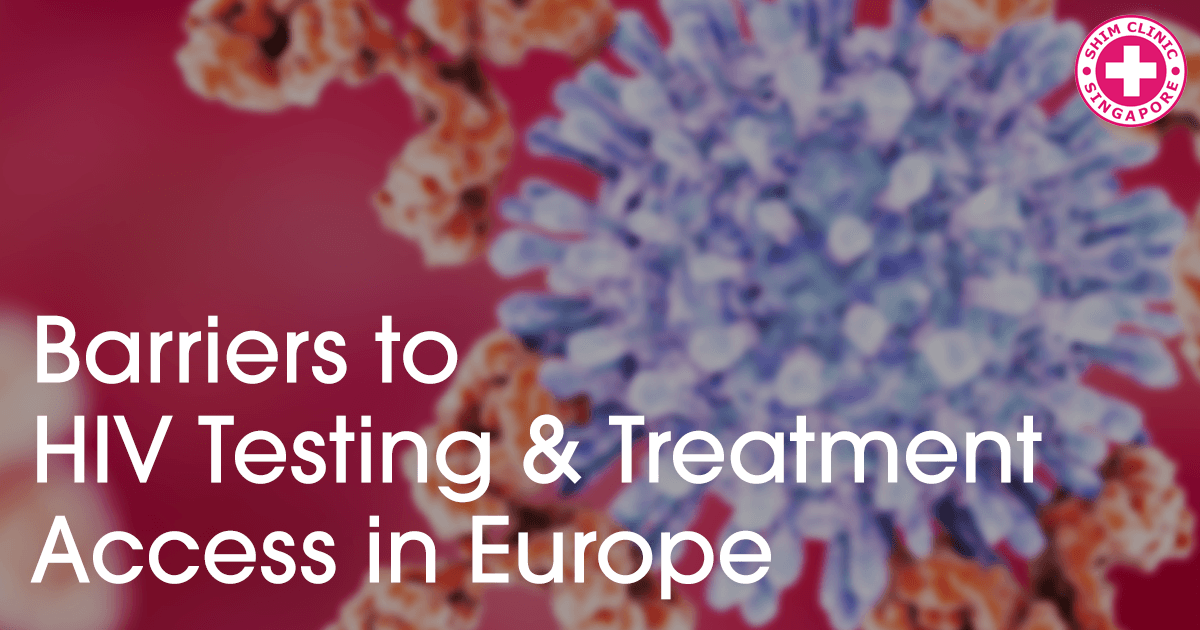Even with all the campaigns across the world in the fight against HIV, we are yet to achieve 100% success in HIV testing and treatment access.
The Europe-wide project, OptTEST launched an advocacy tool kit at the most recent International AIDS Society Conference. The focus is on addressing and overcoming legal and regulatory barriers to testing and access to care.
In order to efficiently overcome the barriers, we must first understand what they are and the impact they have.
Restrictions on who can administer tests
Most European countries have set up barriers on who is legally allowed to carry out HIV tests. This is limited mostly to doctors, nurses and clinicians. Such barriers exist in Albania, Bulgaria and Denmark, to name a few countries.
Barriers against home testing
This mostly comes with the restriction on who can legally administer tests. However, even in some countries where the former restrictions are not in place, HIV self-testing is yet to gain traction. In Belarus for instance, there are no restrictions on who can legally administer tests. However, home testing is not legal, like in Singapore.
Laws against sex workers and drug users
In most countries in Europe, commercial sex is considered an illegal trade. Guilty parties are most likely subject to arrest and prosecution. Most narcotics, such as cocaine and heroin are also illegal.
In the fight against drug use, junkies are more likely to be thrown in jail than they are to be admitted in rehab centers. Thus, they never get tested or disclose their HIV status for appropriate treatment such as HIV PEP, PrEP or ARVs.
If you happened to be in one of these two categories, would you disclose the same information in the name of getting tested?
Barriers against transgenders
Transgenders face numerous challenges ranging from social, economic and legal exclusion. This limits their access to health services, yet they face a high risk of exposure to HIV. They are considered 49 times more likely to be living with the virus than the general population.
Barriers against migrants
Some laws are limiting against the desire for universal care. Such laws can be limiting and racist against migrants. In Armenia, only ethnic Armenians are eligible for free treatment. What then of all those who need this care but are not ‘ethnic’ citizens?
Regulatory barriers
Some countries have enforced such limitations which add on the cost for providing HIV testing. In Germany for instance, anyone can carry out a test, but there has to be a doctor present in the building. A community testing project therefore, has to pay for a doctor.
The fear of stigma and discrimination
Even where there are progressive trends in the elimination of regulatory barriers, stigma exists. No one wants to deal with the fact that they may have the virus.
They also do not want the discrimination that may arise from being identified as a HIV patient. In the U.K, many people are diagnosed at a late stage of infection due to such an unwillingness to get tested.
The barriers limiting the achievement of milestones in the war against HIV are numerous. Key stakeholders need to be aware of them in order to chart courses of action that will lead us to overcome them.
If you want to know more about HIV, get tested or ask about preventive measures, contact a STD clinic like Shim Clinic today.

